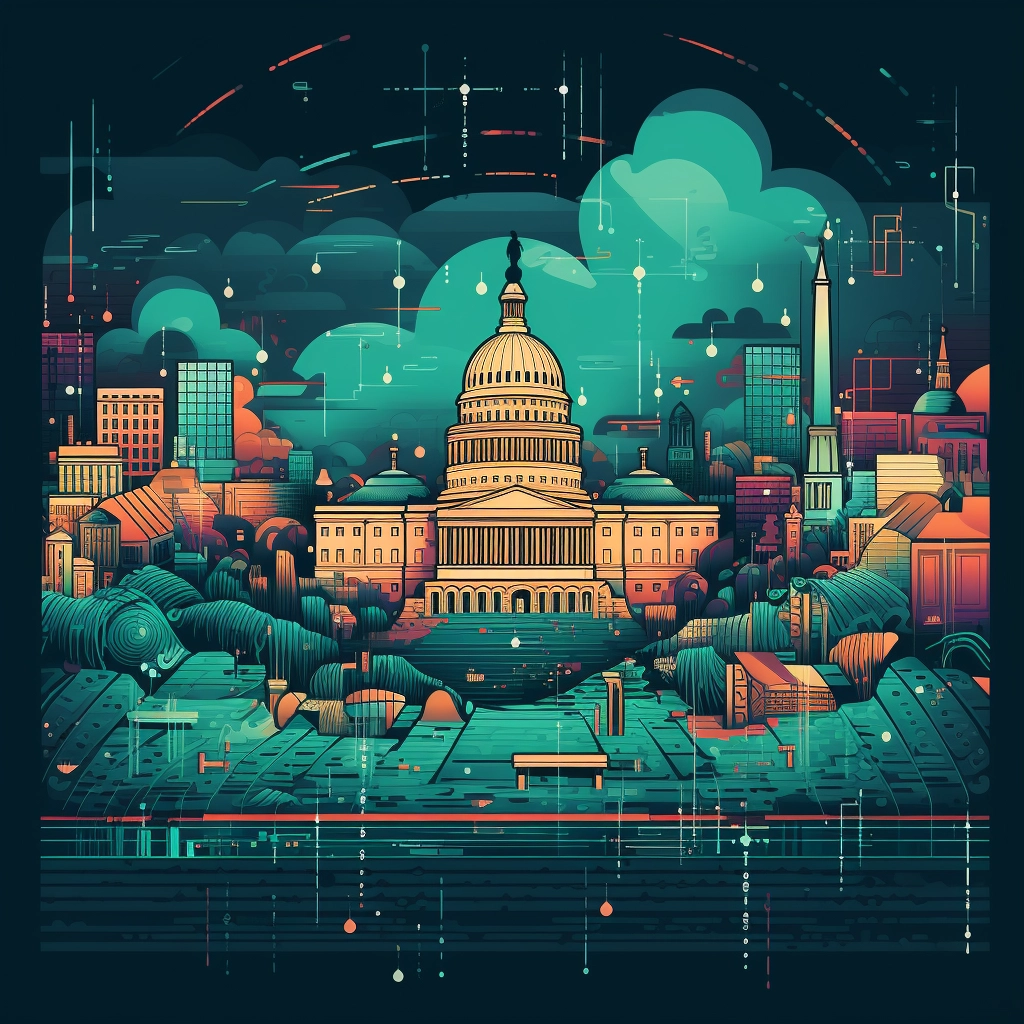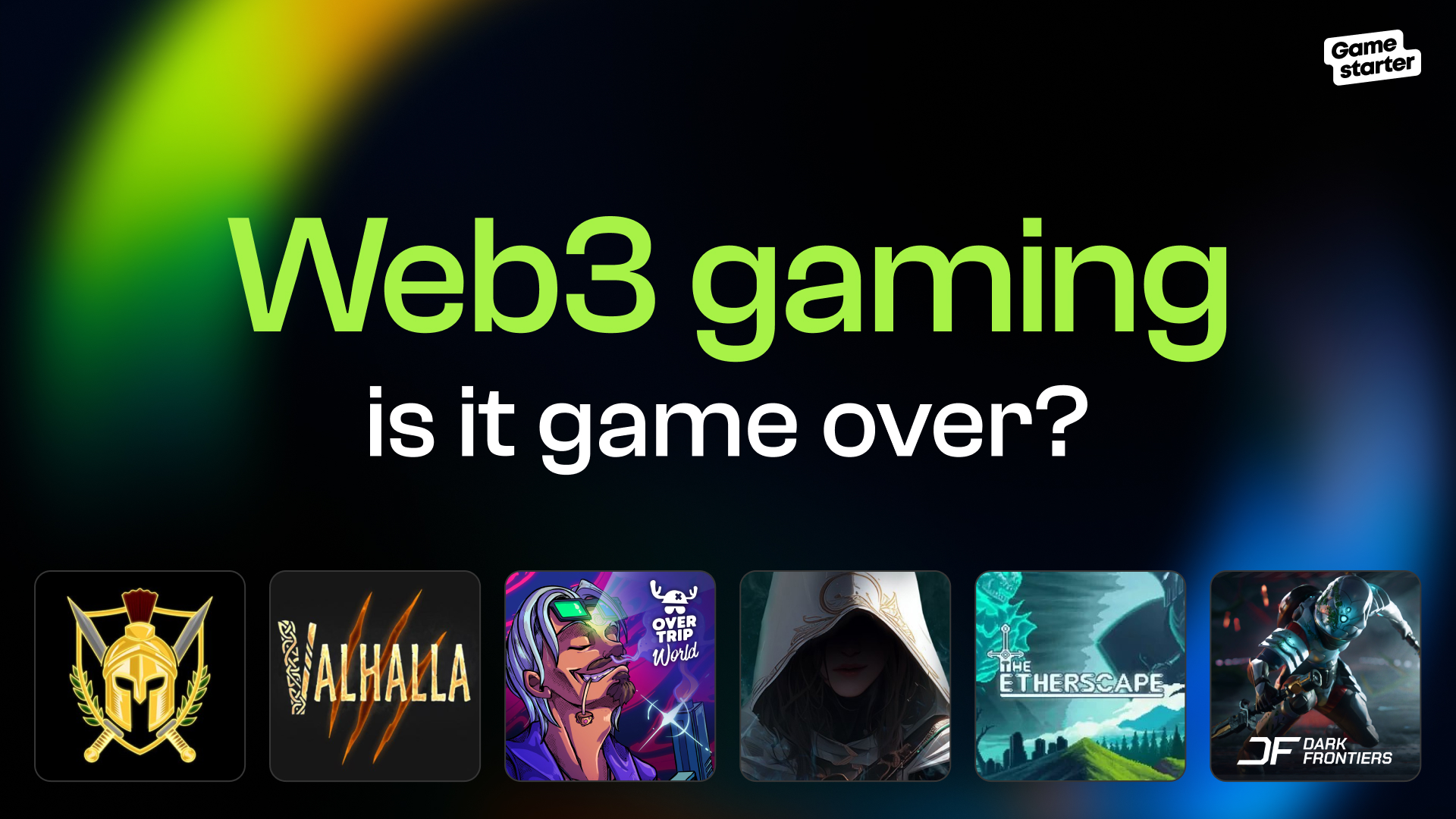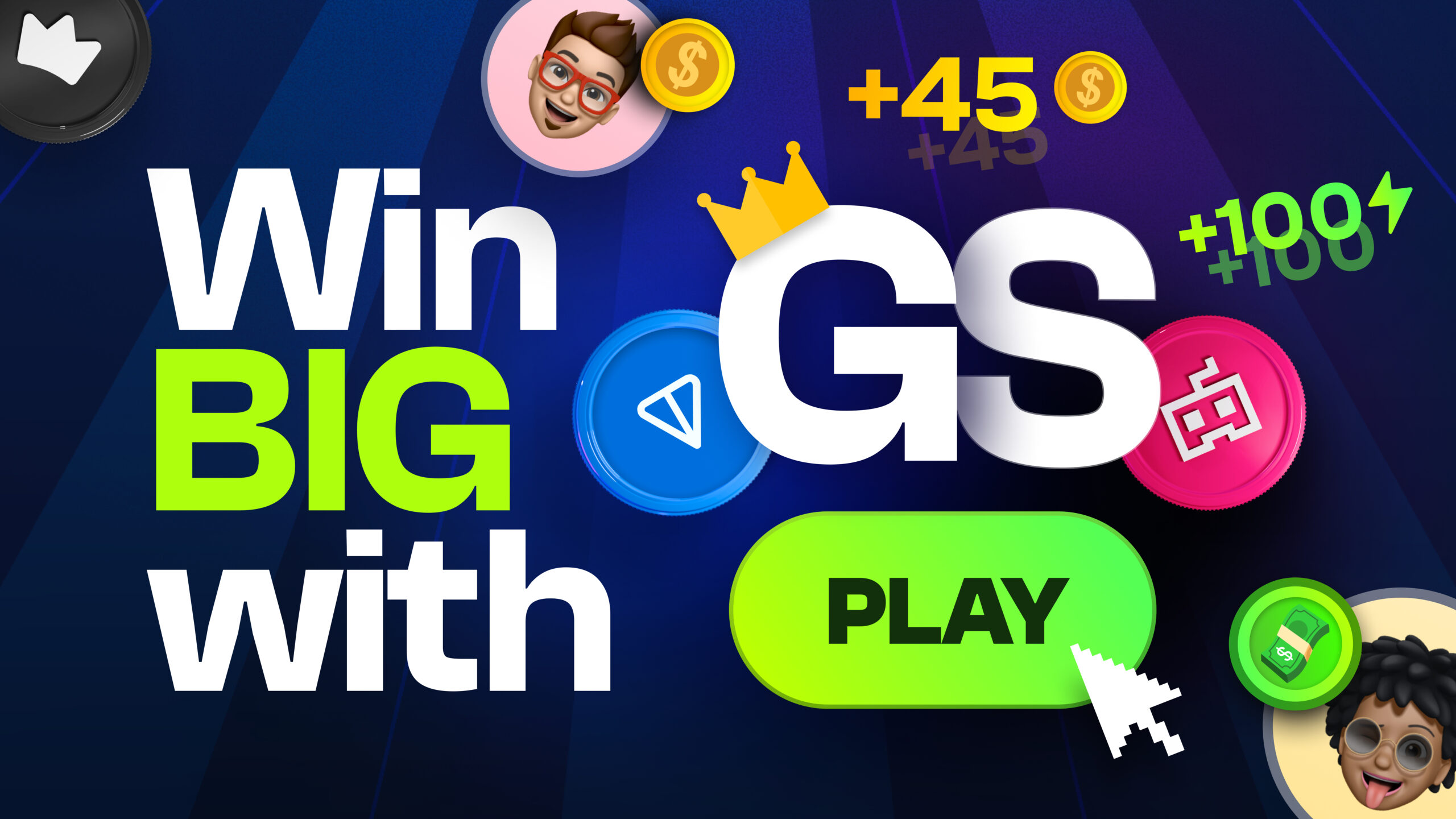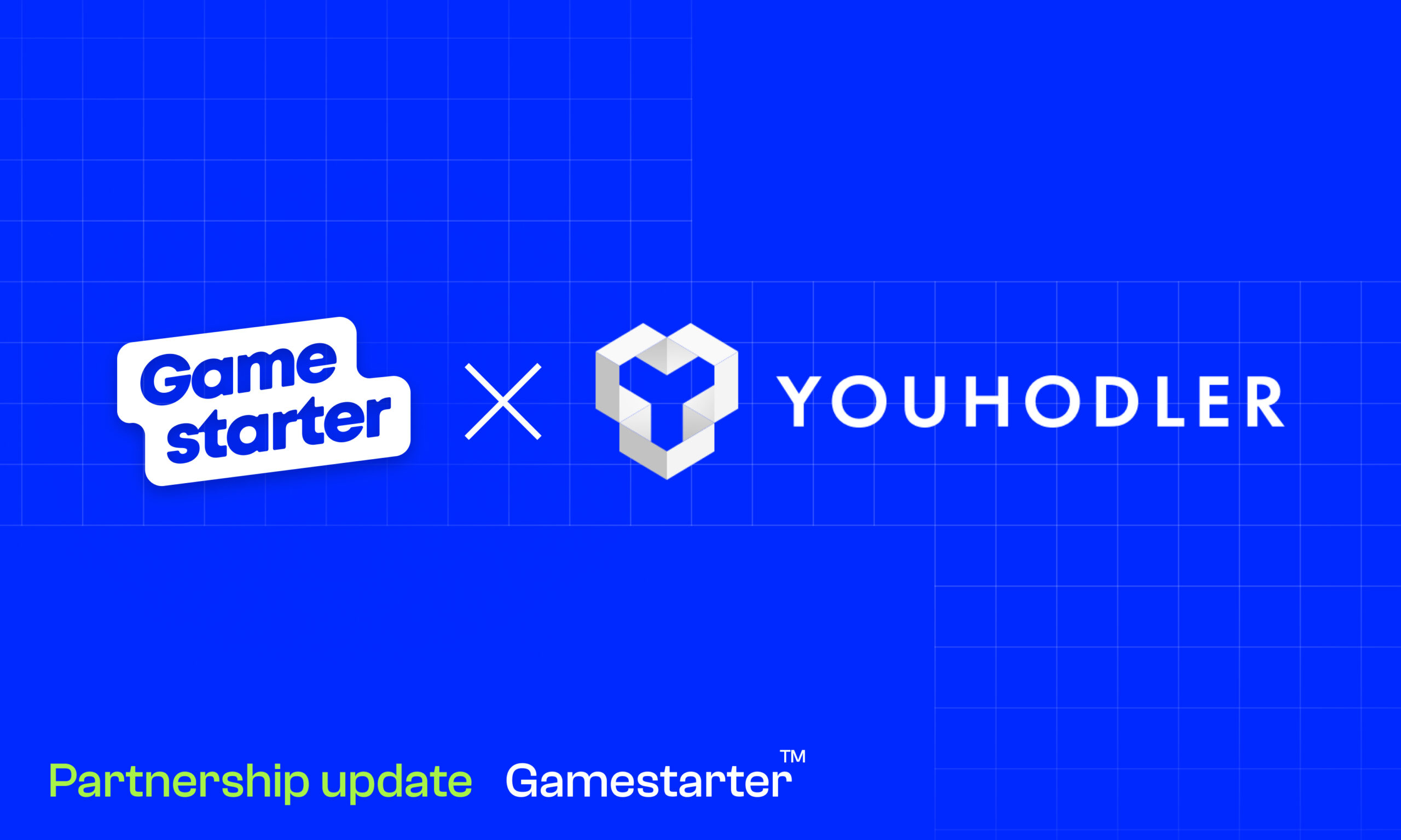NFT Love Affair: 5 Outrageous Moves Govt Might Make!



Become part of exclusive group that shapes GS Future
As blockchain gaming skyrockets to prominence, drawing in swathes of users and investors, it is becoming increasingly likely that governmental oversight will not be far behind. Given the significant economic and social implications of NFT games becoming mainstream, here are five potential paths that any government could take to navigate this exciting and ever-evolving landscape.

Development of a Dedicated Regulatory Framework: One conceivable route would be for governments to establish tailor-made regulatory frameworks to oversee the world of crypto gaming. Such frameworks could take into account a variety of key factors, from the safeguarding of consumer interests to the implementation of anti-money laundering measures, from taxation to the intricate handling of intellectual property rights. In a similar vein, licensing requirements may be established for NFT game operators, promoting the operation of these platforms under fair and transparent standards, thereby fostering trust within the community.
Extension of Existing Financial Regulations: In addition to these new frameworks, governments might see it fit to expand the scope of existing financial regulations to encapsulate the universe of blockchain games. This approach would be particularly pertinent when games involve the trading of NFTs as financial assets. Regulatory measures in this context could span securities, investments, and robust anti-fraud controls. Alongside these, government bodies could enforce reporting mandates aimed at maintaining a high degree of transparency and thwarting potential illegal activities within the burgeoning NFT gaming ecosystems.
Revamping Taxation Policies: The advent of play-to-earn games, where the creation, trading, and earning of digital assets are integral components, could spur governments to redefine taxation policies to suit the specific nature of NFT transactions. The spectrum of possibilities here could range from levying taxes on the acquisition or sale of NFTs, applying capital gains tax on NFT investments, to even imposing income tax on profits amassed through NFT gameplay or trading.
Emphasizing Consumer Protection: Ensuring the safety of consumers within the rapidly growing NFT gaming sector may also feature high on government agendas. By instituting guidelines to prevent deceptive practices, scams, and misleading marketing strategies, governments can foster a safe space for users. This could encompass measures to authenticate NFTs, protect user data and privacy, and confront potential issues related to in-game mechanisms such as loot boxes or elements mirroring gambling in Web3 games.
Promoting Collaboration and Engagement: Alternatively, rather than rigid regulations, governments could opt for a more collaborative and engagement-driven approach with the NFT gaming industry. By interacting closely with stakeholders, developers, and platforms, governments can gain insights, forge partnerships, and encourage innovation while simultaneously addressing potential concerns. In a bid to develop self-regulatory measures and endorse responsible practices within the NFT gaming space, governments might position themselves as facilitators and allies of the industry.
It’s essential to understand, however, that how governments respond to the rise of NFT games will greatly vary across different countries and regions. It becomes crucial for each government to take into account the unique characteristics of NFT games and maintain a delicate equilibrium between regulation, fostering innovation, and preserving the interests of consumers. As we enter this new era, the regulatory landscape is set to be as dynamic and exciting as the games themselves.
As we stand on the precipice of a new age in gaming, striding forward hand-in-hand with the march of technology, it’s clear that our understanding and approach to NFT games must evolve. It’s a thrilling, multi-faceted landscape that has the potential to be as unpredictable as it is groundbreaking. Governments worldwide will play a pivotal role in shaping the framework of this new era, balancing the need for regulation and protection with the drive for innovation. The game has indeed changed – and as we delve into the uncharted territories of NFT games, one thing is certain: it’s going to be a fascinating journey.
Get ready for an exhilarating ride!

are registered trademarks. All rights reserved.
















